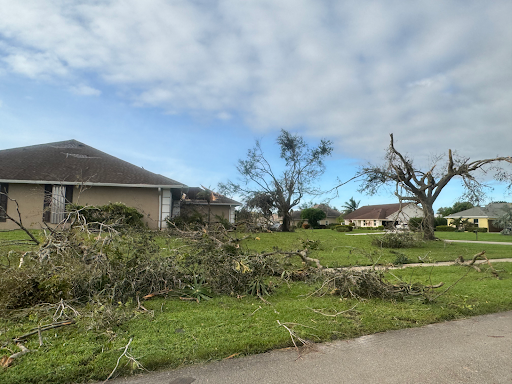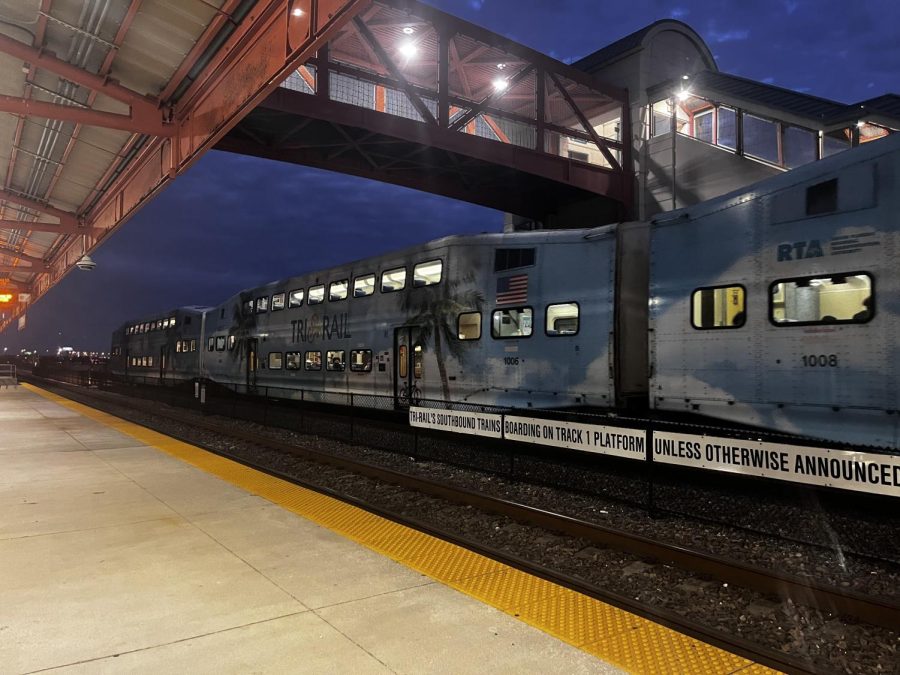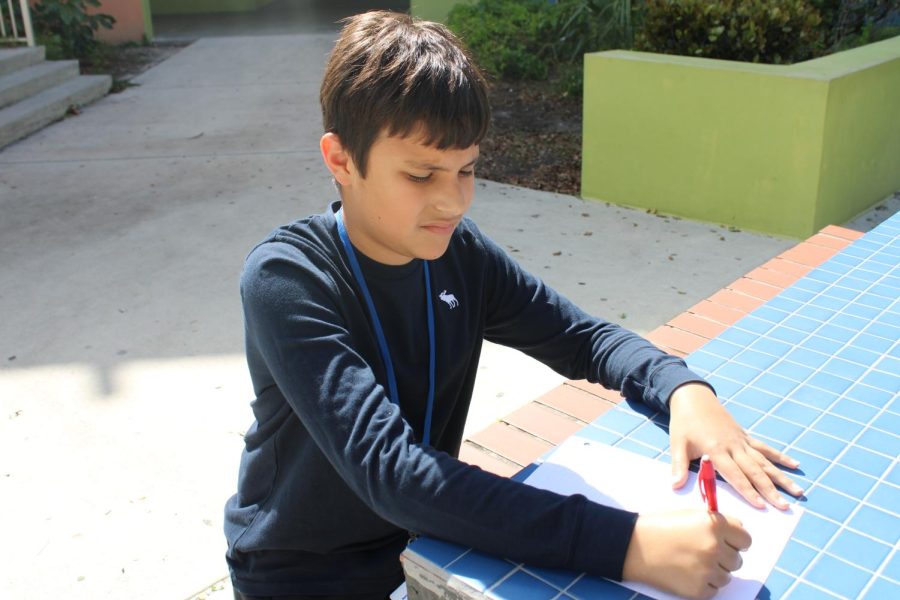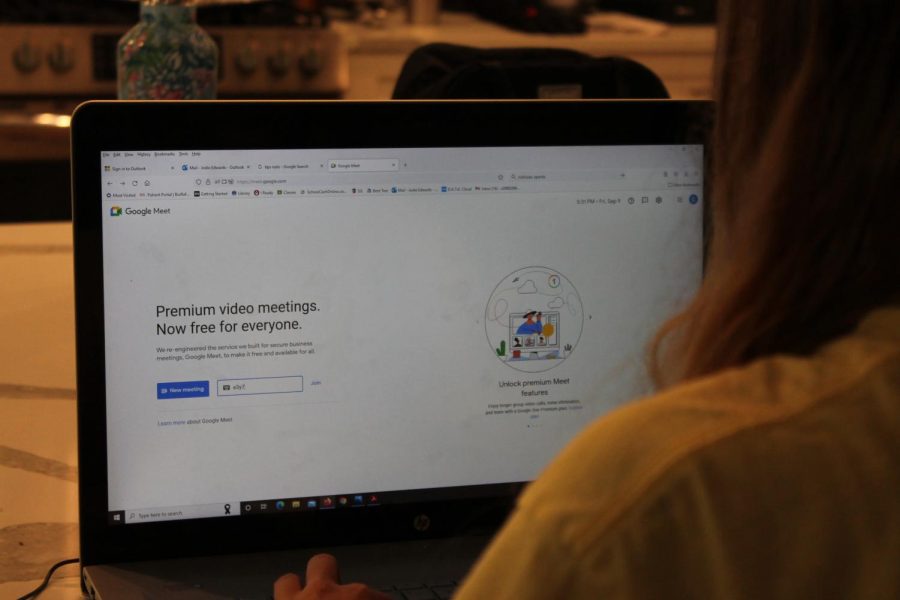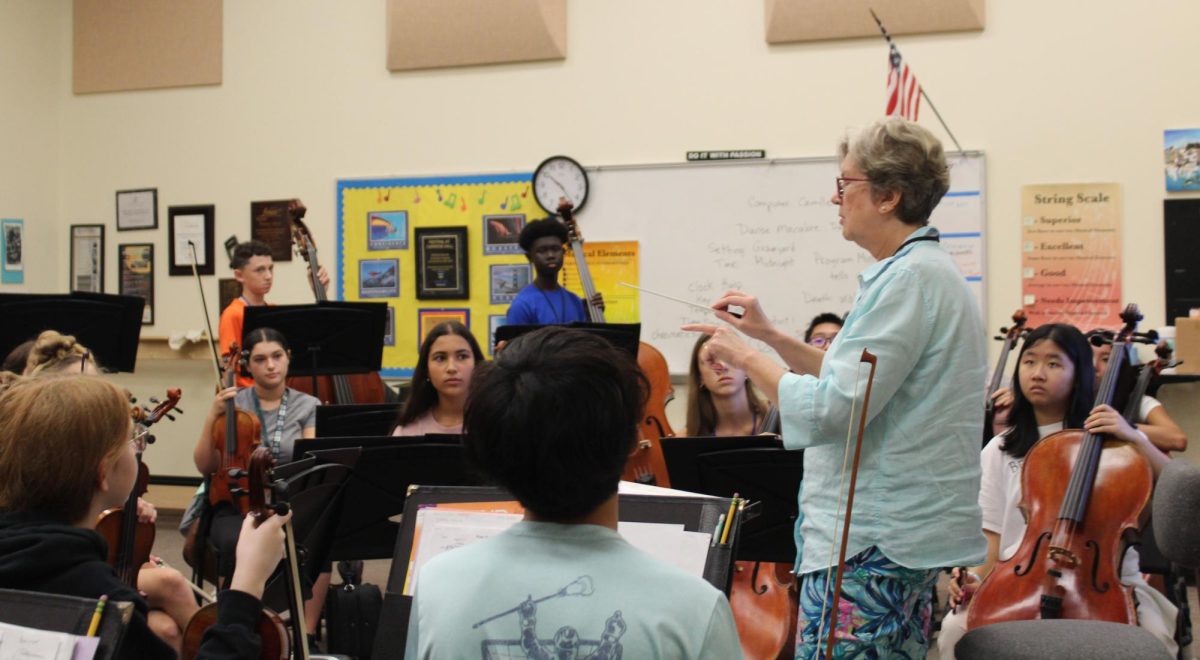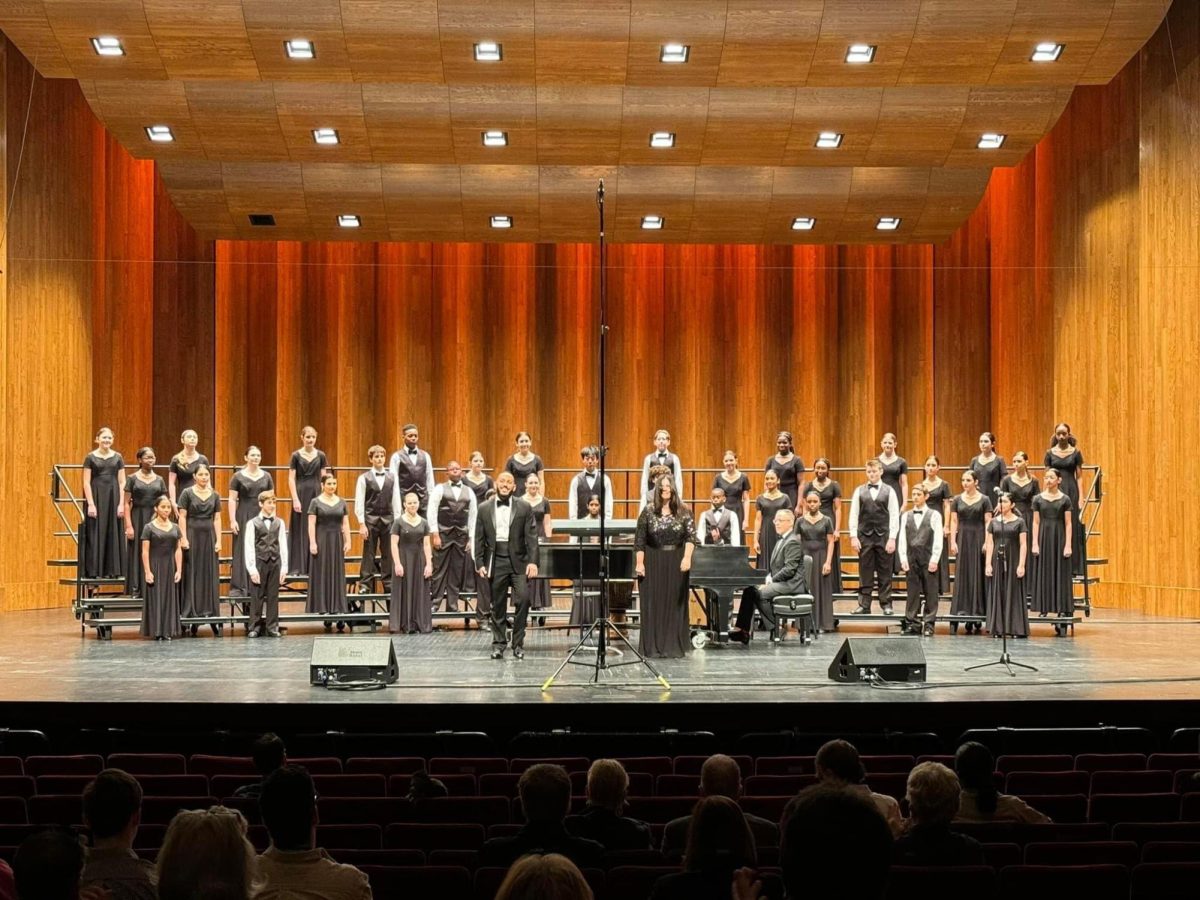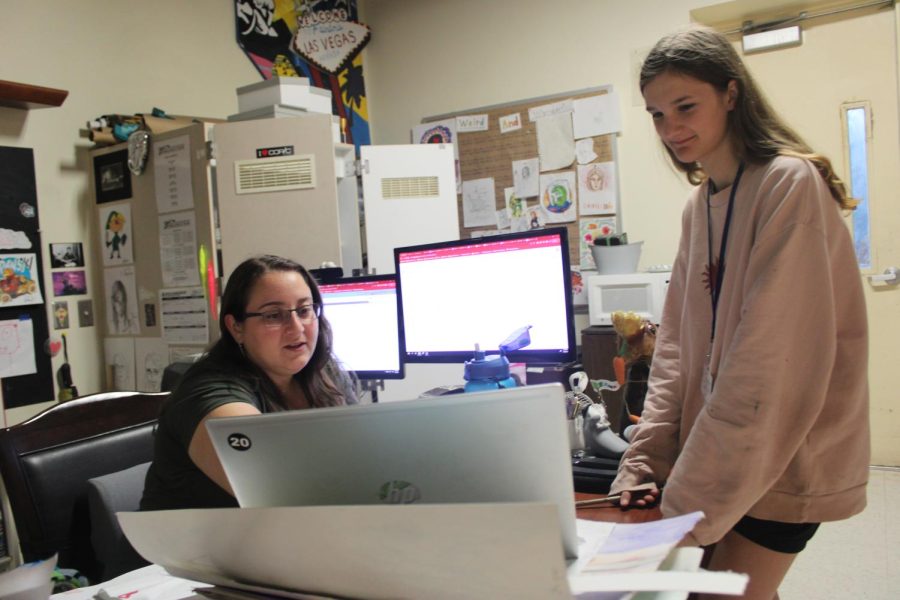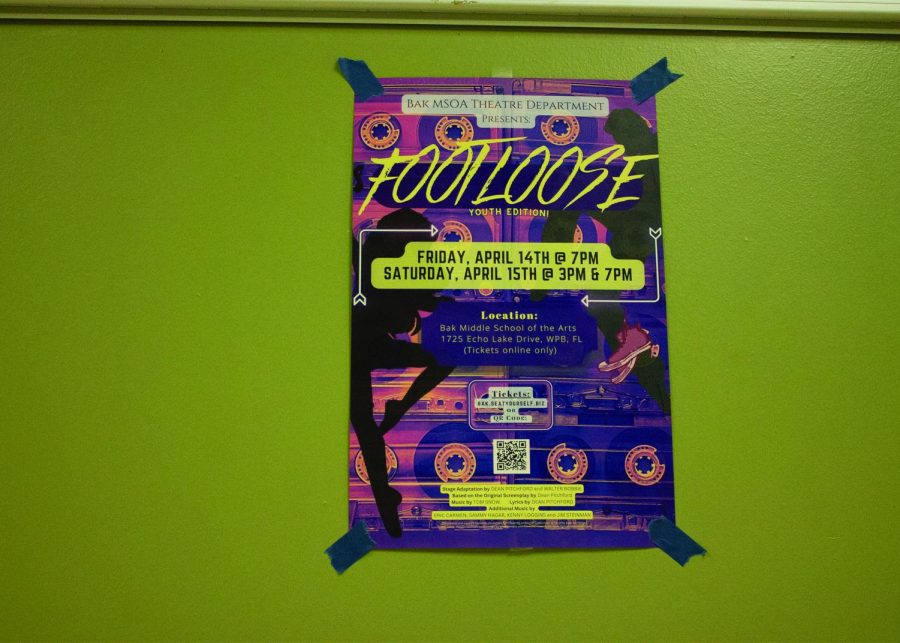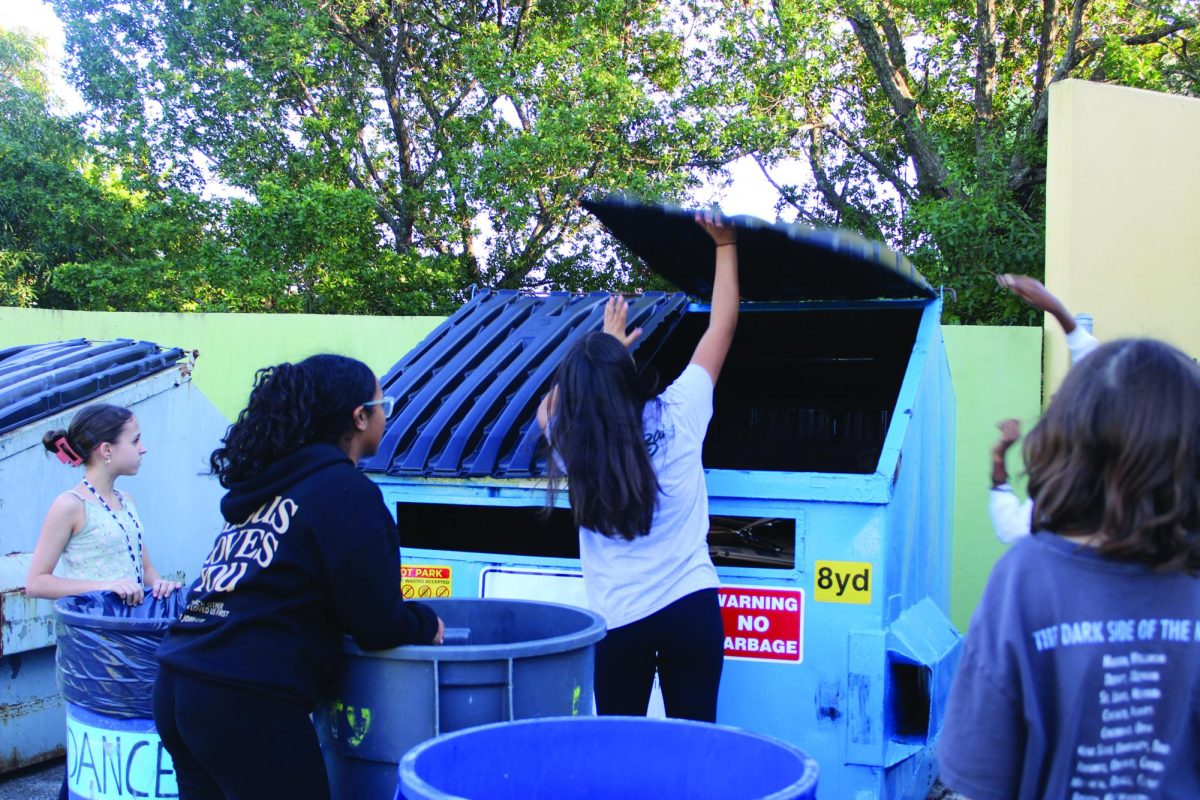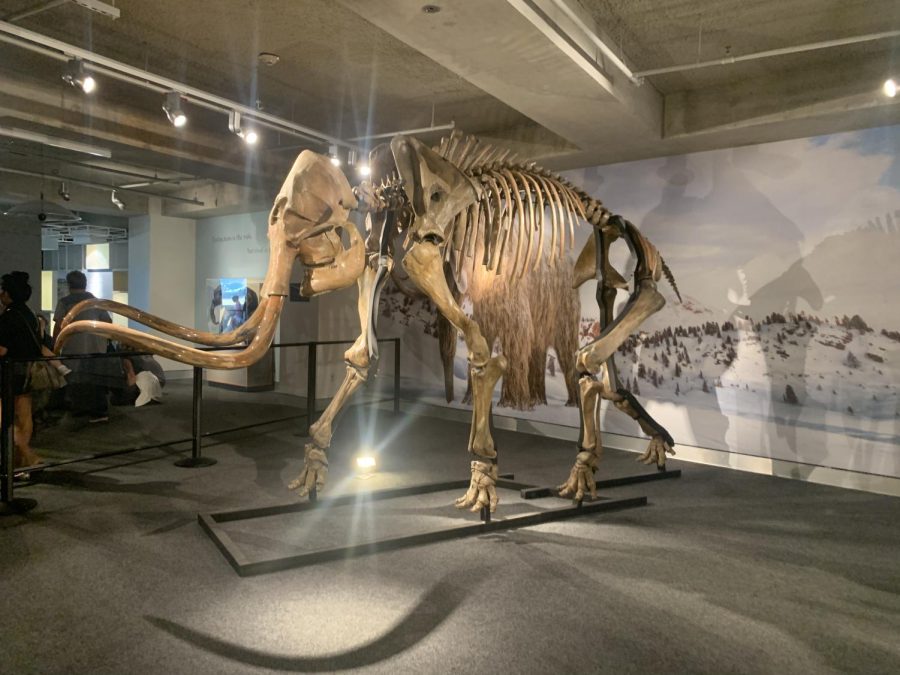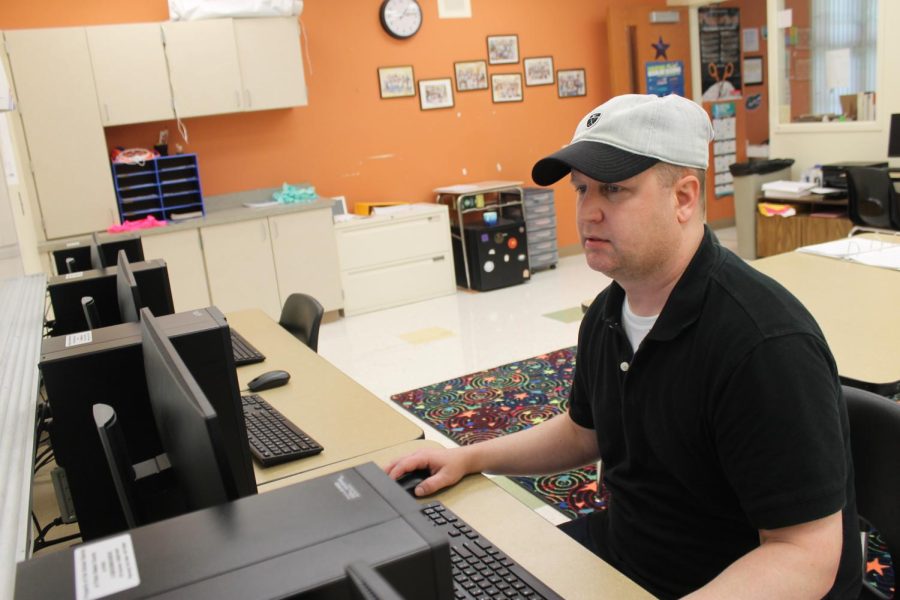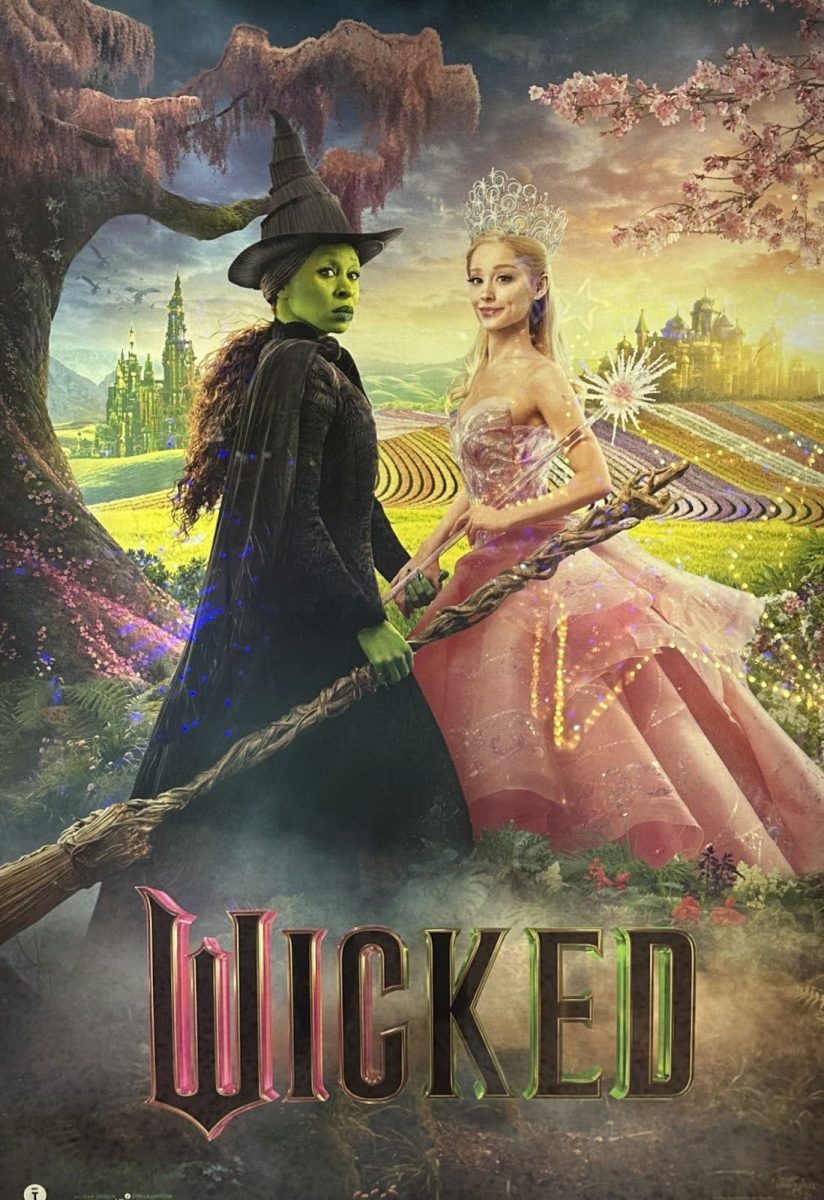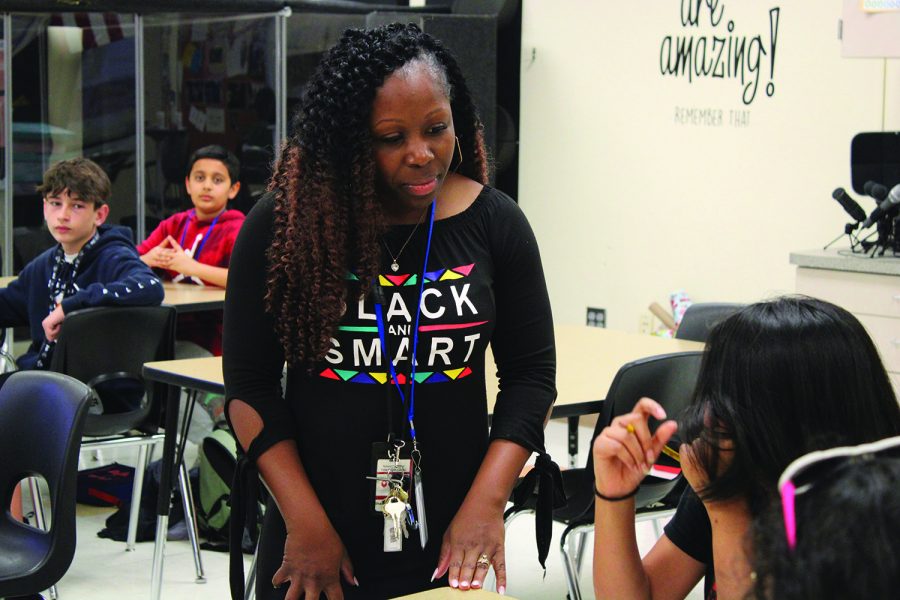African Americans in history make lasting impact on schools
To honor important Black figures, many believe in the importance, especially during the month of February and Black History Month, of seeing how some of these figures have impacted not only Bak, but schools across the nation.
One of the most prominent African Americans involved with schools is Thurgood Marshall. Born in 1908, it was not common for Black people to pursue law at this time in history. However, he achieved his dream despite the obstacles, and graduated from Howard University Law School in 1933.
In 1952, he took part in a landmark Supreme Court decision: Brown v. Board of Education. After chipping away slowly at the “separate but equal” precedent with other small victories, he ultimately ended that notion by persuading the Supreme Court that segregated schools were unconstitutional.
He became the Supreme Court’s first African American justice and was given the nickname “Mr. Civil Rights.”
Another notable African American affecting schools, closer to the Bak community, is Shakendra Moorer, communications teacher.
As someone who teaches a variety of classes, Moorer’s identity makes a big difference in the classroom.
“When I’m having a conversation with a student, I can understand their background more and relate to what they’re saying,” Moorer said. “It also lets me be assertive, while having fun.”
In her classroom, she also draws inspiration from another African American woman who campaigned for education throughout her career.
“One of my inspirations is Mary McLead Bethune. I actually went to her university, Bethune–Cookman University,” Moorer said. “She made a school for girls to make sure that African Americans had an education and showed that skin color doesn’t matter.”
Students in her class believe that Moorer impacts their self esteem greatly.
Mackenzie Charles, eighth grade communications student said, “She’s helped me open up to people and be who I really am.”




